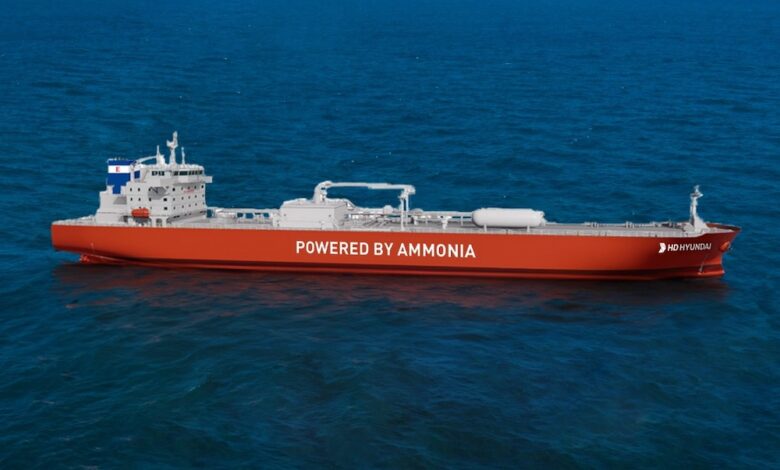Rising Costs in Container Shipping Due to Decarbonisation Efforts
Decarbonising Maritime Transport: Impact on Container Shipping Costs

The cost of transporting goods by container is expected to significantly increase as the maritime industry moves towards decarbonisation, according to a recent report by DNV. The “Maritime Forecast to 2050,” DNV’s comprehensive publication, highlights that shipping costs could nearly double due to the adoption of greener technologies and fuels. The report outlines four scenarios, predicting cost increases of 91-112% for container vessels, alongside similar rises for bulk carriers and tankers.
As the shipping industry prepares for the International Maritime Organization’s (IMO) 2030 emissions reduction targets, the availability of carbon-neutral fuels is a significant concern. DNV forecasts that the shipping sector will need between 7 million and 48 million tons of such fuels by 2030. However, with global production expected to fall short, the competition for these fuels will likely drive up costs, impacting the entire supply chain, from shipowners to end consumers.
European efforts to achieve climate neutrality by 2050, as outlined in the European Commission’s recent proposals, have been met with cautious optimism. The commission has pledged to address the barriers to adopting low- and zero-emission fuels in shipping. However, the high cost of sustainable fuels remains a challenge, potentially making shipping less competitive unless supported by regulatory measures. The maritime industry is at a critical juncture, where strategic decisions and investments in energy efficiency and technological advancements are essential to managing the financial burden of decarbonisation.
